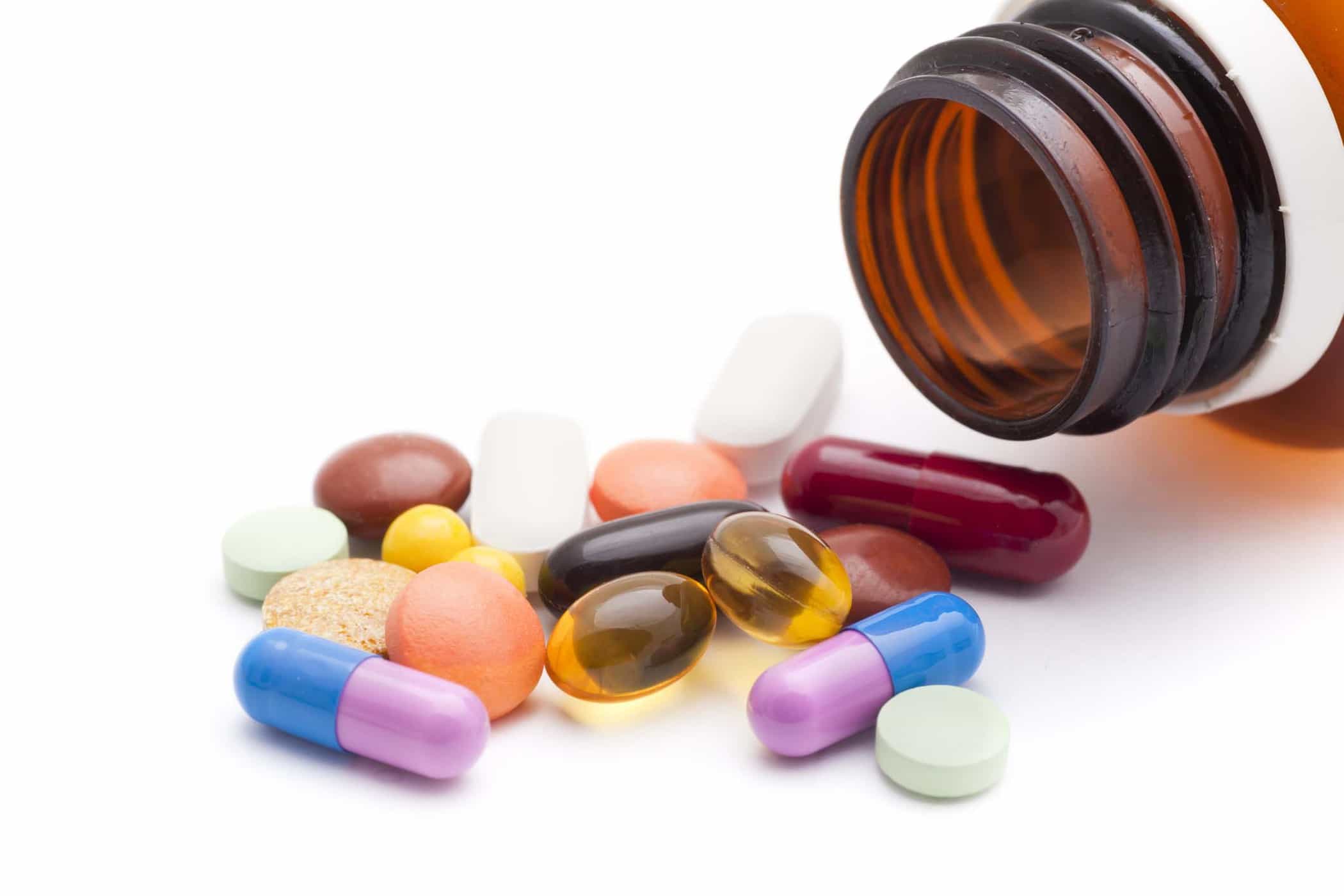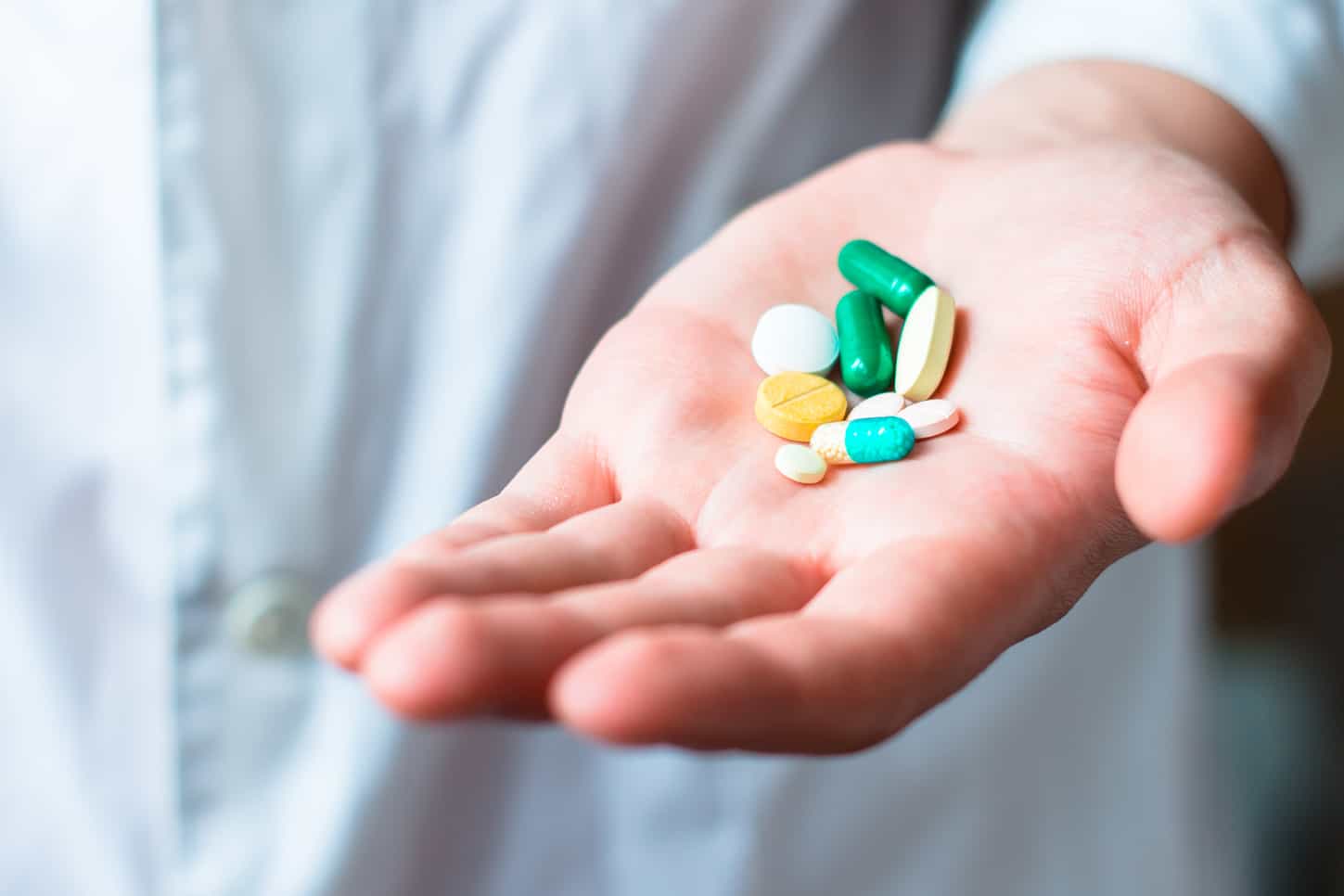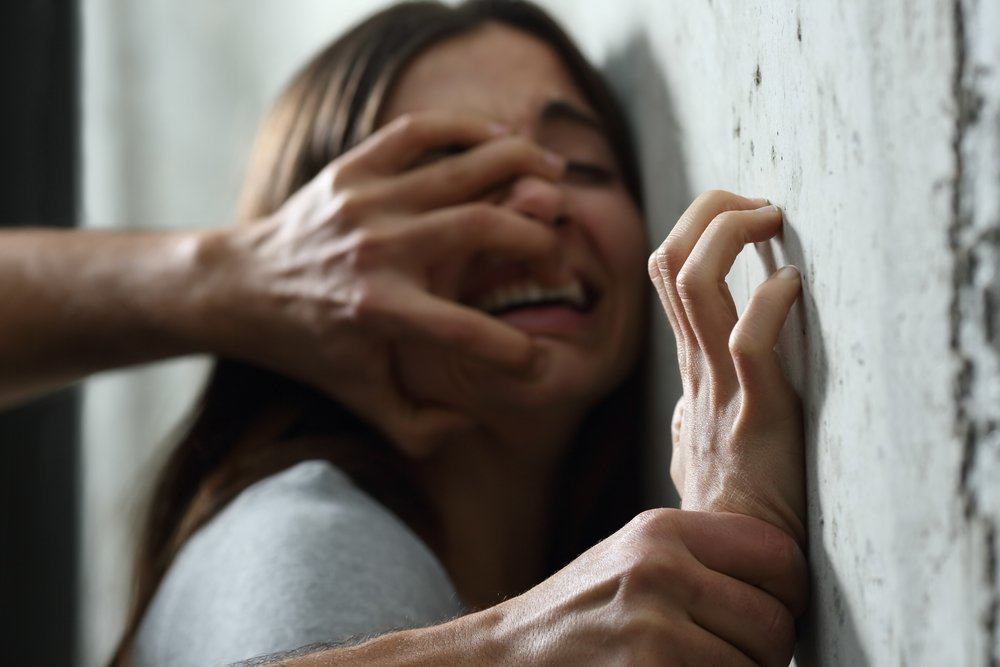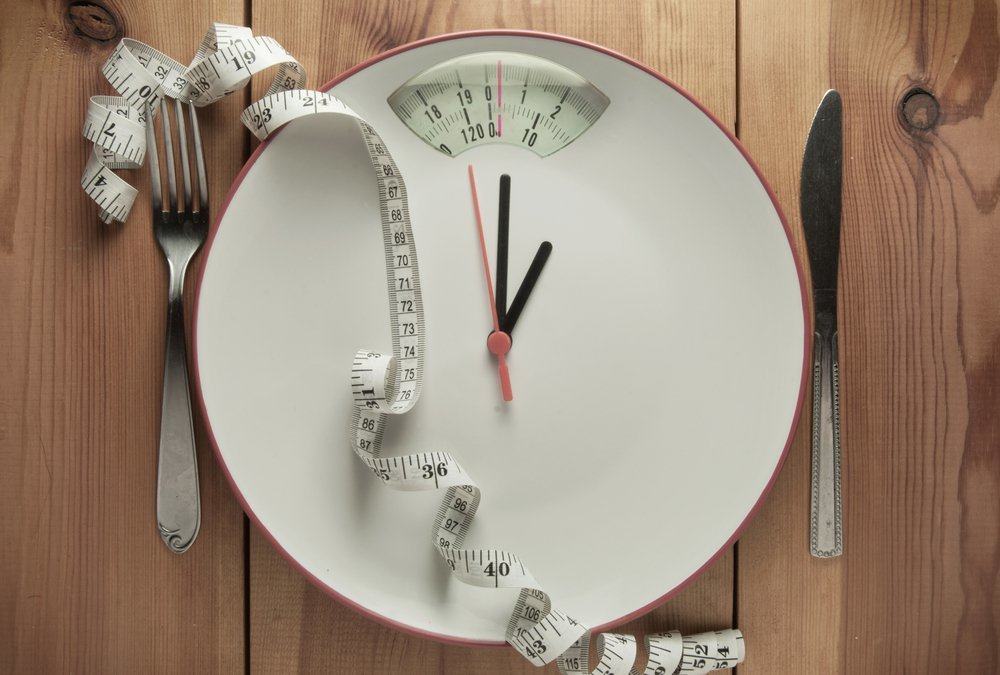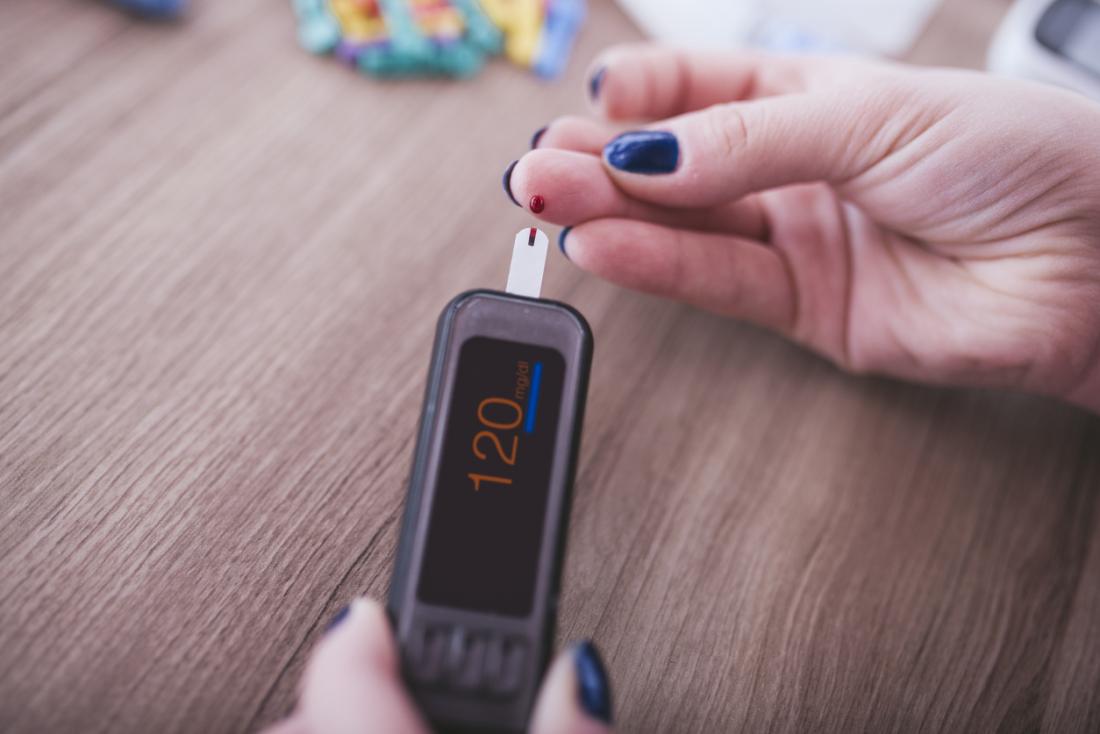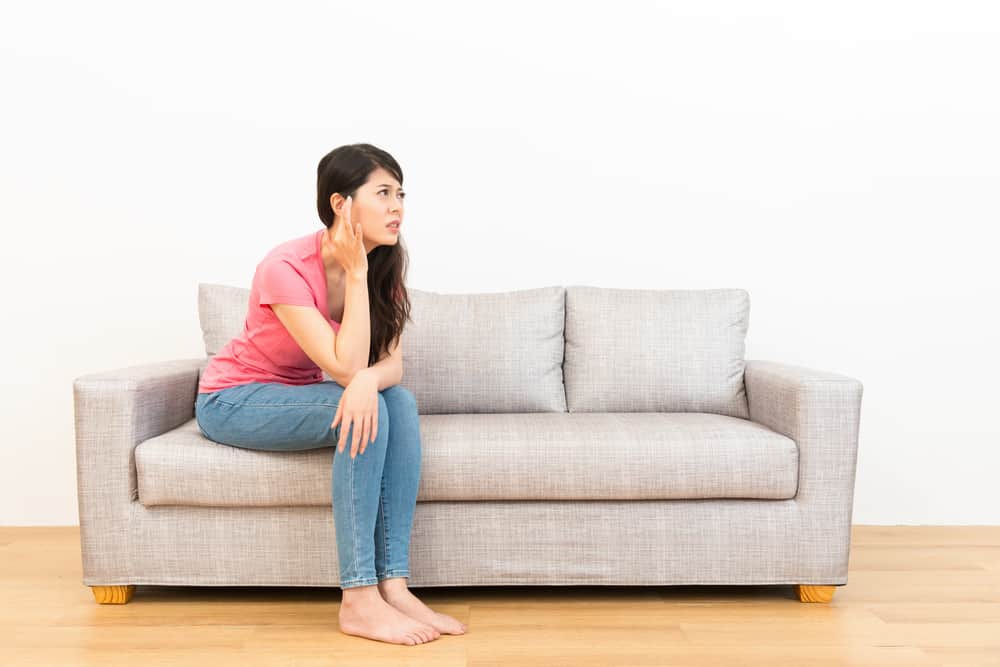Contents:
- Medical Video: Anti TB Drugs Mnemonics
- Get to know two types of leprosy
- How is leprosy treated?
- Various types of leprosy drugs prescribed by doctors
- Rifampicin
- Dapsone
- Lampren
- Clofazimine
- Ofloxacin
- Minocycline
- The combination of leprosy antibiotics according to the type
- What are the side effects of leprosy drugs?
Medical Video: Anti TB Drugs Mnemonics
The number of new cases of leprosy in Indonesia reached 19,949 in 2014. Leprosy can actually recover completely if treated immediately. It is precisely if delayed, leprosy with another name for leprosy or Hansen's disease can cause serious complications, such as amputation, blindness, permanent nerve damage, and kidney failure. Handling of leprosy usually involves prescribing drugs to stop the transmission and development of the bacteria that causes this infection. The drug for leprosy is prescribed according to the type of leprosy and the symptoms that appear. Check out more below.
Get to know two types of leprosy
Before prescribing a medication, the doctor will observe what type of leprosy is experienced by someone, along with the symptoms caused. There are two types of leprosy commonly found in Indonesia, namely:
Dry leprosy or basiler pausi (PB): Dry leprosy is usually characterized by the appearance of about 1-5 white patches that look like phlegm. damage to one nerve.
wet or multi bacillary leprosy (MB): Wet leprosy is characterized by the appearance of white patches on the skin that resembles ringworm. Spots appear to spread more than five pieces. For advanced symptoms, gynecomastia (breast enlargement) occurs in men.
The most basic characteristic of leprosy is lack of taste or numbness at all (numbness) in the area of the skin that shows spots. The surface of the skin also feels dry. This is what causes lepers if they are left alone to experience disability because their nerves are damaged so they don't feel pain even though their fingers break.
How is leprosy treated?
People who have been diagnosed with leprosy will usually be given a combination of antibiotics (MDT /Multi Drugs Therapy) as a treatment step for six months to two years.
The MDT principle is believed to be able to shorten the treatment period, break the chain of leprosy transmission, and prevent defects before treatment.
Using antibiotics simultaneously at one time is also intended so that the bacteria are not immune to the drugs given so that leprosy will be cured quickly.
Various types of leprosy drugs prescribed by doctors
Leprosy medication is prescribed based on the type of leprosy to determine the type, antibiotic dose, and duration of treatment. Here's a list of the most commonly prescribed antibiotics for treating leprosy
Rifampicin
Rifampicin is an antibiotic that works to inhibit the growth of leprosy bacteria which is considered effective. Rifampicin is a capsule that is consumed only by mouth. This medicine must be taken with a glass full of water on an empty stomach, 1 hour before or 2 hours after eating.
Common side effects of using rifampicin include discoloration of urine into red, indigestion, fever, and chills.
Dapsone
Dapsone works to inhibit the growth of leprosy bacteria and reduce the occurrence of swelling. The dose of dapsone tablets for treating leprosy in adults usually ranges from 50-100 mg taken once a day for 2-5 years.
Common side effects that often occur are indigestion. But in some cases, allergic reactions and shortness of breath may occur. If both of these occur, the use of the drug must be stopped. Your doctor may prescribe other types of medication.
Lampren
Lampren functions to weaken the defense of leprosy bacteria. Lampren's side effects include indigestion, mouth and skin to dry out, and brownish spots on the skin (hyperpigmentation).
Clofazimine
Clofazimine must be taken with food or milk. The dose of clofazimine capsules for treating leprosy in adults and adolescents usually ranges from 50–100 mg taken once a day.
This drug must be accompanied by other drugs. You may need to take clofazimine for 2 years. If you stop taking this medication too quickly, the symptoms you experience can recur.
This drug generally causes stool discoloration, eye drops, phlegm, sweat, tears, and urine, and digestive disorders.
Ofloxacin
Ofloxacin works to stop the growth of leprosy-causing bacteria. Usually this drug is prescribed as an alternative when you experience a rejection reaction to dapsone.
This drug generally causes skin swelling due to allergies and itching. If you miss the time to take this medicine, then drink immediately, remember. If you miss it a day, still drink it but it must match the dose of the drug per day, do not exceed it.
Minocycline
Minocycline is an antibiotic that works against bacteria. This drug should not be consumed by pregnant women because it will endanger the fetus. Don't drag on using this drug past the dosage period because it can increase the risk of kidney disease.
The combination of leprosy antibiotics according to the type
For wet leprosy (PB type) the doctor will prescribe a combination of dapsone and rifampicin. However, if you have / experience an allergic reaction to dapsone, it will be replaced with rifampicin and clofazimine.
For dry leprosy (MB type), the doctor will give a combination of dapsone, rifampicin, and clofazimine or dapsone, rifampicin, and lampren.
For SLPB (Single Lesion Paucibacillary), namely people with leprosy who have only the appearance of a single lesion with no other symptoms, the combination of drugs given is rifampicin, ofloxacin, and minocycline.
Other drugs used to support the healing process are usually in the form of supplements of vitamins B1, B6, and B12 as well as worm medicines given according to the dosage with weight.
What are the side effects of leprosy drugs?
Please note that side effects of leprosy drugs are rare. Even if there are only a few cases. Side effects that occur can be handled easily, so the drug does not need to be stopped. Stopping taking leprosy without your doctor's knowledge can actually worsen your overall health.
If symptoms appear other than general side effects, contact a doctor immediately. Usually the drug can be replaced with other drugs according to the dosage and type of leprosy you suffer. Similarly, if you have a history of other diseases such as bronchitis, kidney disorders or other diseases, consult first so that the drugs you consume do not worsen your disease.

